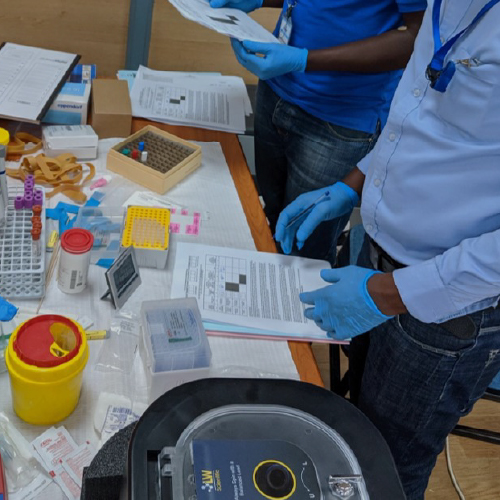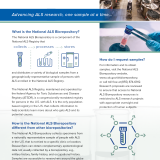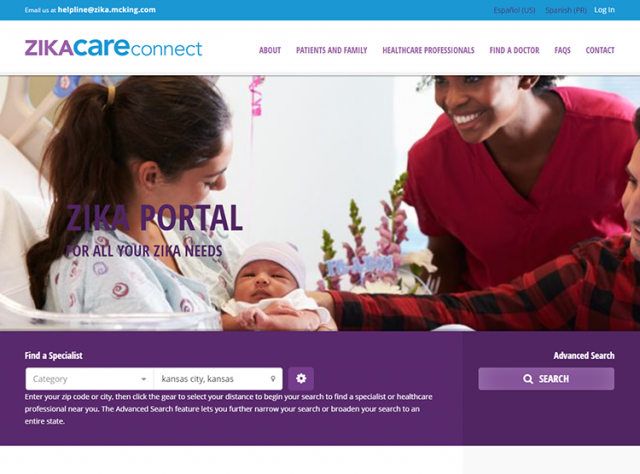
The Need:
The International Micronutrient Malnutrition Prevention and Control Program (IMMPaCt) at the Centers for Disease Control and Prevention addresses inadequate or poor nutrition related to vitamins and minerals (also called micronutrients) in women of child-bearing age, infants, children, and adolescents in developing countries and within the United States. CDC works collaboratively with other countries to achieve optimal health among vulnerable populations by improving micronutrient nutrition, with a particular focus on iron, vitamin A, iodine, folate, zinc, and vitamin D.
Since 2006, we have provided specialized subject matter consultation and scientific and technical services to assist and extend IMMPaCt’s international reach. With in-country and local partners, we help to implement proven interventions as well as assist with modifying existing approaches; training materials; surveillance methodology; and data management information systems, interventions, and prevention programs to make them more effective and culturally appropriate for the specific populations for which they are intended.
Results:
Our micronutrient scientists are key players in planning and implementing field studies and surveys in the international setting. To ensure the results of the IMMPaCt work are available to other researchers and countries, our staff and technical experts have prepared more than 30 scientific manuscripts documenting the implemented studies. These manuscripts provide support for changing, revising, or developing policy related to food fortification.
Examples of key projects conducted with McKing’s support in recent years include the following:
- Providing technical support to Uganda Bureau of Statistics in collaboration with the Uganda Ministry of Health, UNICEF, and USAID to establish a national nutrition surveillance system through integrating a nutrition module in the Uganda National Panel Survey.
- Providing capacity building and technical assistance to support the upcoming 2021/22 panel survey in Uganda.
- Providing technical assistance with the design and planning of the National Micronutrient Survey in Burkina Faso.
Providing technical assistance on the micronutrient module in the upcoming Tanzania Demographic and Health Survey in collaboration with the Ministry of Health, the National Bureau of Statistics, and the Tanzania Food and Nutrition Center.









